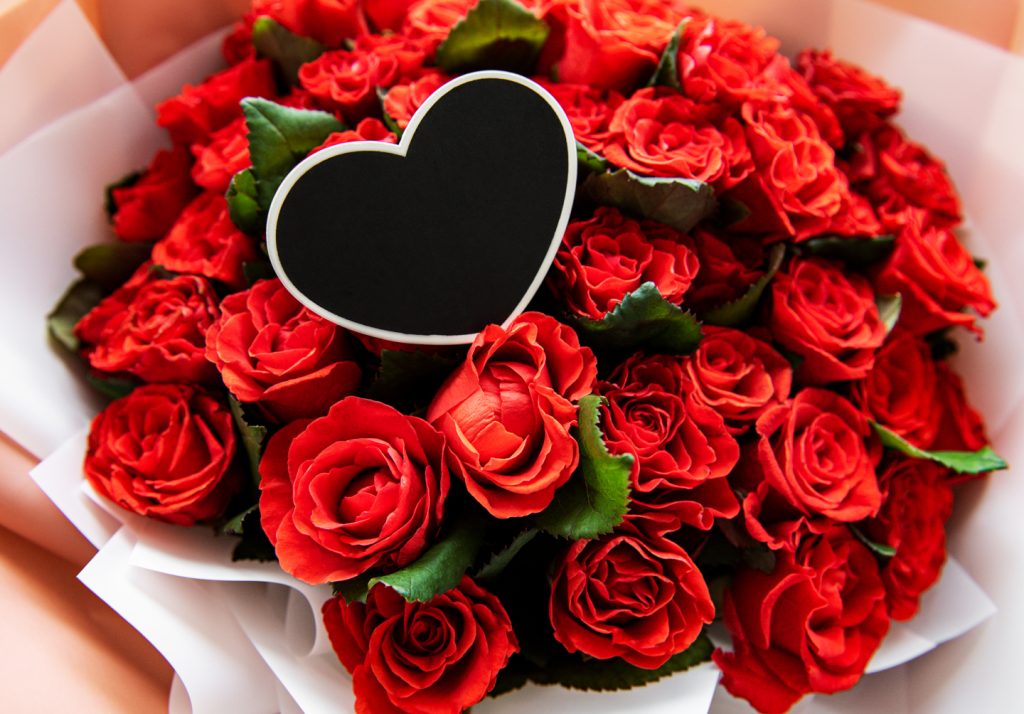
How to Choose the Right Flowers for Every Occasion?
There has always been more to flowers than just being lovely plants. Flowers are an excellent gift, they are a classic means of marking significant occasions and expressing emotions because each petal has a unique meaning. Flowers are a universal language that can be used to express a variety of emotions such as thanks, love, sympathy, or congrats.
Flowers are an ideal gift for almost every occasion because they are symbolic and have a lot of meaning. According to the Flowers and Plants Association, the UK market for fresh flowers is valued at £2.2 billion. Also a survey carried out by Arena flowers in the United Kingdom revealed that flowers are the most popular gifts for 9 out of 16 occasions, the most common being valentine’s day, anniversaries and Mother’s celebrations. Knowing the language of flowers will help you choose the ideal arrangement for any occasion.
Understanding the Meaning Behind Popular Flowers
For centuries, people have used flowers to express their emotions and thoughts without using words. By understanding the meanings associated with famous flowers, you can use your bouquet to convey particular feelings. Each flower has its own distinct meaning, which can help make your gift more thoughtful and meaningful.
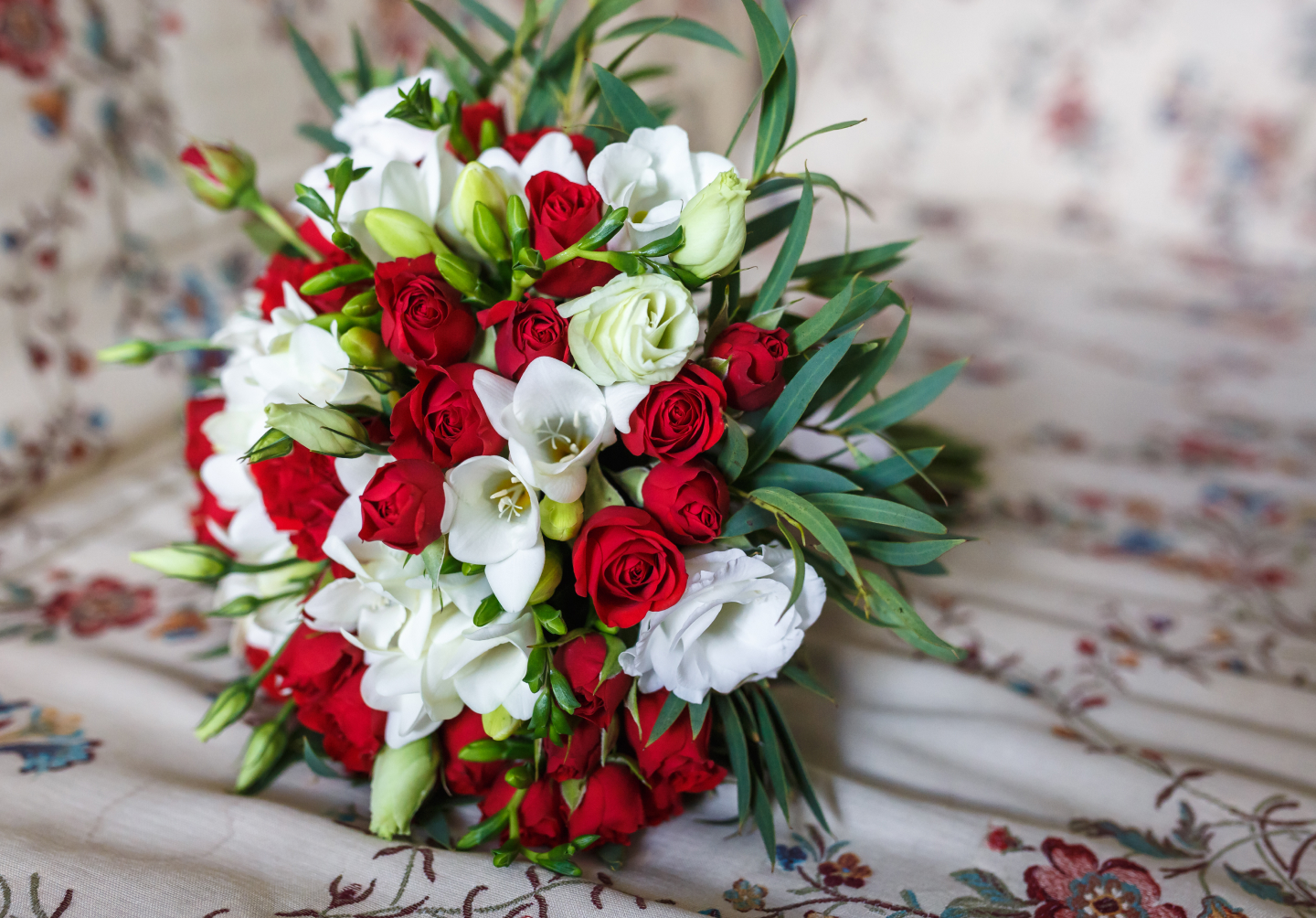
Roses: Possibly the most well-known of them, roses have several symbolic meanings, with various colours denoting different thoughts. Perfect for Valentine’s Day or anniversaries, red roses are a universal emblem of romance and love. White roses are appropriate for weddings and christenings because they represent innocence and purity. On the other hand, yellow roses are perfect for celebrating pleasant occasions with friends because they symbolise joy and camaraderie.
Lilies: Frequently seen at sacred ceremonies and weddings, lilies are traditionally connected with purity and rejuvenation. Particularly white lilies, which symbolise the soul’s restored innocence after death, making it popular for funerals and also an ideal gift for sympathy.
Tulips: Tulips: These versatile flowers, which represent perfect love, can be gifted in a variety of situations. Similar to red roses, yellow tulips are a wonderful choice for birthday celebrations or springtime new beginnings. Red tulips, on the other hand, convey romantic love.
Chrysanthemums: These flowers are frequently connected to optimism, prosperous life, joy, friendship, and loyalty. Chrysanthemums are a popular flower gift for get-well or thank-you bouquets since they are symbolic of friendship and are popular in the UK. It is important to consider cultural differences as they may be associated with death and grief. In some countries in Europe and Asia, it is the culture to bring only chrysanthemums to a funeral.
Orchids: These lovely flowers symbolise beauty, strength, and elegance. They are usually presented as gifts in formal settings or at milestone celebrations or corporate gatherings. They’re also a popular choice for anyone who appreciates an elegant, one-of-a-kind flower because of their exotic appeal.
Sunflower: Sunflowers are happy and cheerful flowers that represent loyalty, strength, good fortune, and admiration. They also serve as a reminder of optimism and hope throughout trying times. Sending bouquets of vibrant yellow sunflowers is a wonderful way to share happiness and gratitude
Knowing the meaning associated with flowers enables you to choose the ideal arrangement that complements the message you want to convey. Selecting flowers with symbolic significance elevates your gesture beyond a lovely gift to a more profound and deliberate display of feeling.
Consider the Occasion
Selecting appropriate flowers for a particular occasion guarantees that your gesture complements the theme and tone of the event. Flowers can capture the emotional context of any occasion, adding to the significance of the gift. Here’s how to select flowers based on certain events:
Romantic Events: Flowers that are traditional and suitable gifts for Valentine’s Day, anniversaries, or romantic gestures include tulips, peonies, and red roses. Red roses are ideal for conveying strong feelings because they stand for passion and love. If you’re searching for something a little more unusual, red tulips symbolise perfect love, and peonies convey passion and prosperity. For a delicate, romantic touch, think about combining these with paler hues like pink or white.
Weddings: The flowers you select for your wedding should symbolise the love and dedication that the occasion is about. Wedding bouquets often include white lilies, orchids, and roses, which stand for innocence, beauty, and fresh starts. You can also consider gifting seasonal flowers to add a personalised touch to the event, such as springtime peonies or fall chrysanthemums.
Birthdays: Choose vibrant, happy flowers that convey enthusiasm and celebration for birthdays. Brightly coloured flowers such as yellow, orange, or pink gerberas, daisies, and sunflowers are ideal for expressing someone’s special day. Since yellow symbolises happiness and friendliness, yellow roses or tulips are especially perfect for honouring a dear friend. Including the celebrant’s preferred flower in the arrangement gives it a kind and unique touch.
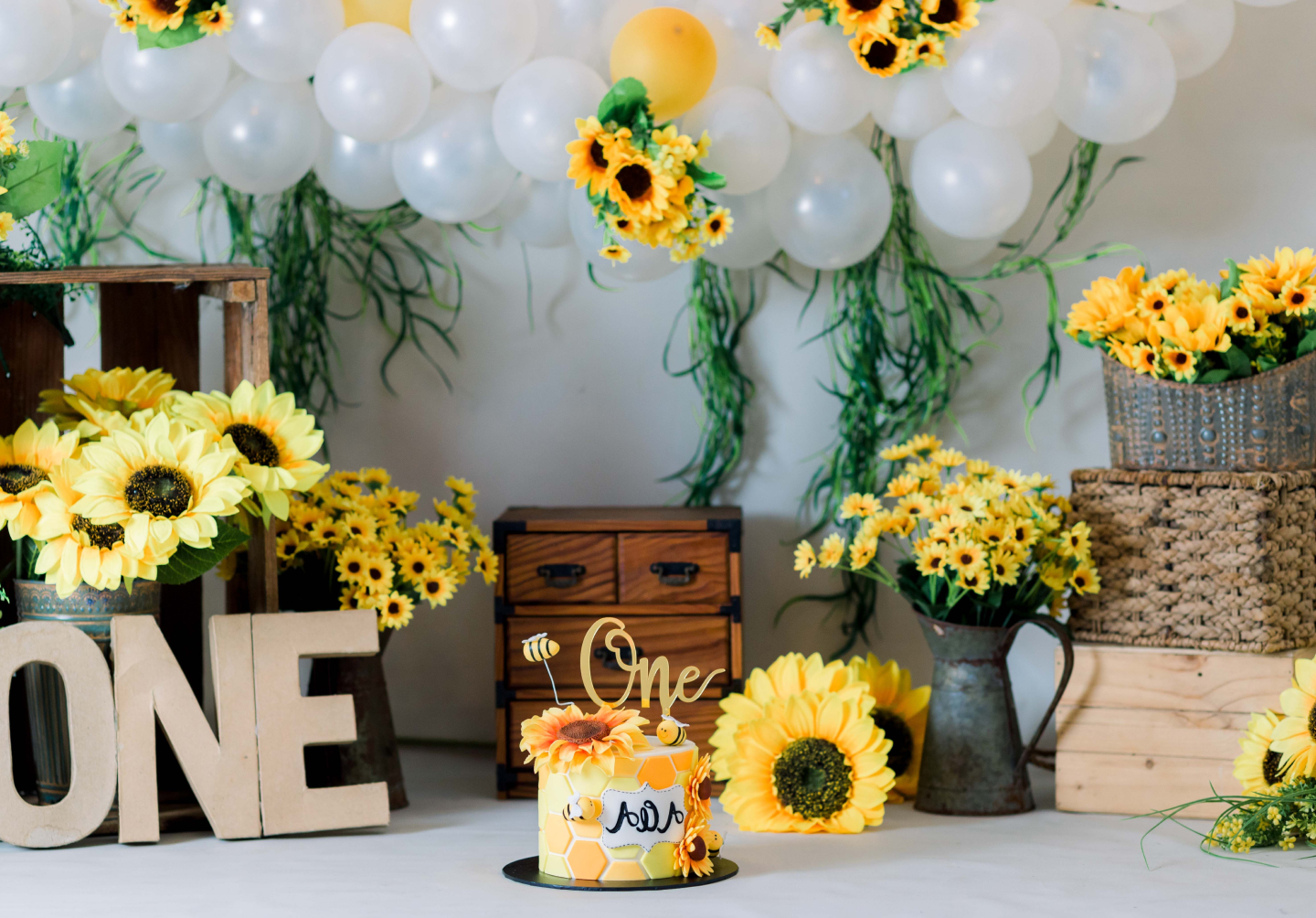
Sympathy: It takes great consideration to send flowers as a sign of compassion. White flowers are generally chosen for funerals because they represent purity, tranquility, and memory. Examples of these flowers are roses, carnations, and lilies. In particular, lilies are frequently used to convey condolences and are connected to the rehabilitation of the soul. Consider using flowers that held special value for the departed or a gentle, subdued colour scheme to evoke feelings of comfort and serenity for a more intimate touch.
Get well wishes: It’s ideal to give cheery, optimistic flowers that are bright and cheerful to someone who is recuperating from an illness or injury. Bright mixed bouquets, daisies, or sunflowers are wonderful choices for lifting someone’s spirits. Tulips and yellow roses can also represent rebirth and hope.
Graduations and Achievements: flowers are appropriate for joyous occasions like retirements, job promotions, and graduations. Because of their elegant appearance, orchids are a wonderful choice as they symbolise beauty and strength, making them ideal for commemorating important life events.
Holidays and Festive Seasons: Conventional flowers can help create a festive atmosphere at occasions like Christmas or Easter. White lilies are popular at Easter as they signify purity and rebirth, while poinsettias are the go-to flower for Christmas, symbolising festive enthusiasm. Holiday-themed colours like red, white, and green might be added to further elevate the mood of the event.
Selecting the appropriate flower for the occasion, shows that you have put a lot of thought into your gift and it is not just about giving a bouquet, but about being thoughtful and mindful of the occasion.
Keep in Mind the Season
The season is one of the most crucial factors to consider when choosing the right flower gift. Choosing seasonal flowers not only guarantees the freshest flowers but also helps you save money. When it comes to pricing, seasonal flowers are usually less expensive than out-of-season flowers and have a longer vase life. Here is a highlight of flowers and the season they grow in.
Spring: is a season of rebirth and growth, and the flowers that are in season capture this feeling of brightness and freshness. Cherry blossoms, tulips, daffodils, and hyacinths are popular springtime flowers. Daffodils signify rebirth and hope, while tulips, a favourite flower for Easter, symbolise fresh starts. Springtime bouquets are typically bright and airy, with pastel hues and delicate blossoms that capture the essence of the season. These flowers are ideal for celebrations such as weddings and birthdays, or simply gift it just to mark the start of warmer weather.
Summer: A wide variety of vibrant and bold options are available during the summer, when flowers are in full bloom. Sunflowers, daisies, roses, and peonies are common summer flowers that exude warmth and happiness. Sunflowers are a great flower to celebrate enduring friendships or relationships because of their vibrant yellow petals, which stand for faithfulness and endurance. Summer bouquets generally feel cheery and uplifting due to the longer days and more friendly weather, making them ideal for outdoor gatherings, parties, and informal celebrations.
Autumn: Deep colours and earthy tones are reflected in autumn flowers as the weather cools and the leaves start to change. Popular autumn flowers that come in warm tones of orange, red, and yellow are dahlias, chrysanthemums, and marigolds. Chrysanthemums are a wonderful flower gift to commemorate special occasions or show gratitude since they represent dedication and loyalty. Dahlias are ideal for congratulatory events like graduations or career triumphs because of their delicate petals, which symbolise inner power and creativity.
Winter: contrary to the popular belief that winter is not a season known for flower bloom, there are still lots of lovely selections available. Popular Christmas flower selections include poinsettias, amaryllis, and holly, which add cheerful red, green, and white hues. The famous Christmas symbol, poinsettias radiate cheer, while amaryllis flowers, with their striking red and white blooms, stand for strength and resolve. White flowers, such as roses, lilies, or orchids, convey a sense of purity and tranquility, making them suitable for joyous occasions.
Benefits of Choosing Seasonal Flowers
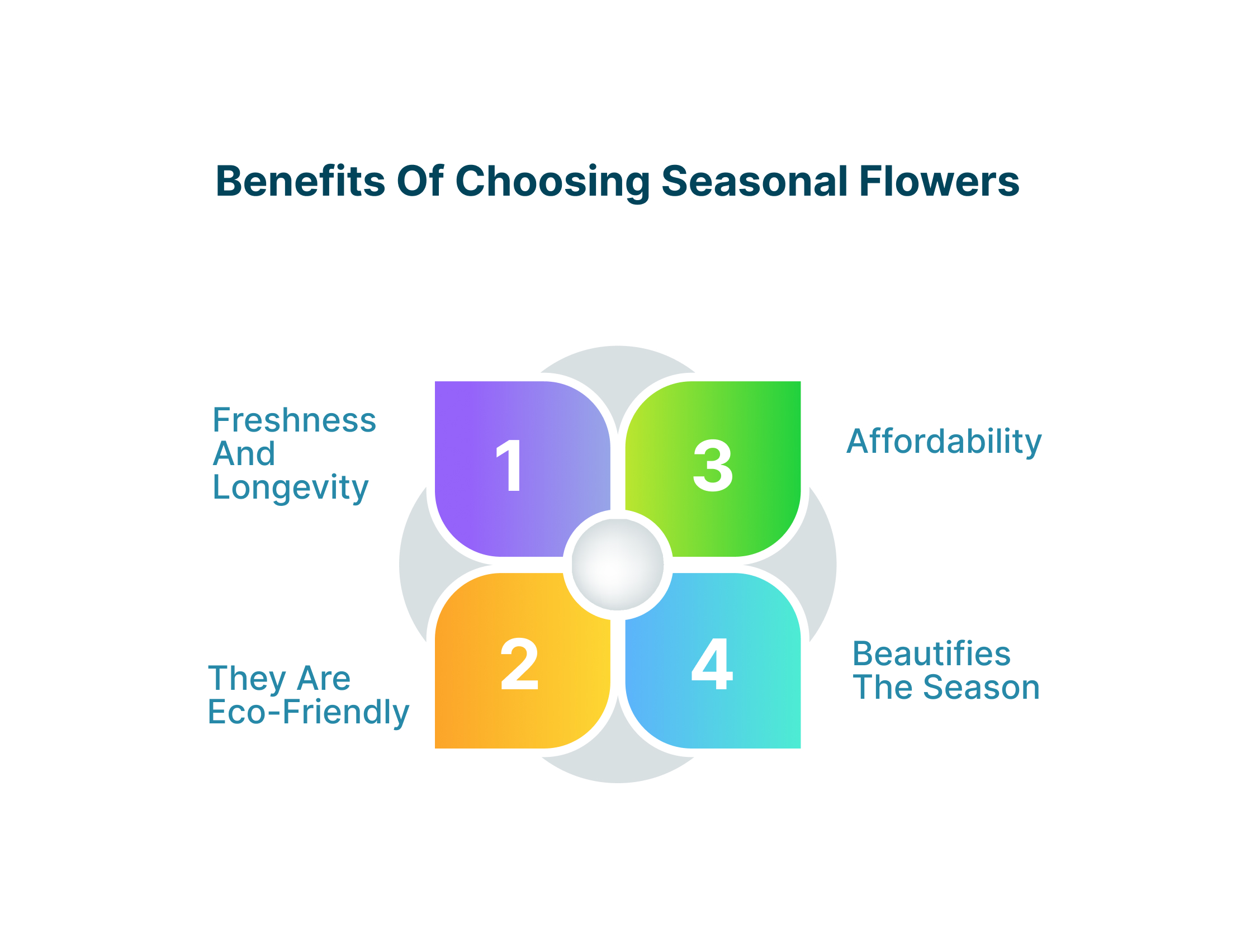
Freshness and longevity: seasonal flowers are fresh as they probably recently harvested, gifting flowers in season will ensure a longer vase life as opposed to out-of-season flowers that may wilt while being transported.
They are Eco-friendly: you can help protect the environment and advance United Nations sustainable development goals (SDGs) by buying seasonal flowers instead of out-of-season flowers. Seasonal flowers can be grown in your garden or from your local florist. You may not need to drive or go long distances, that way, you help reduce carbon footprints on the environment.
Affordability: seasonal flowers are abundant and are readily available making them more affordable than out-of-season flowers that had to be preserved and shipped over long distances.
Beautifies the season: Because seasonal flowers inherently fit the season, your arrangement will feel appropriate and look beautiful. For instance, a winter event might not be the best venue for a bouquet of vibrant, tropical flowers, but the hues and textures of the season are ideal for rich autumnal blooms.
Picking flowers that bloom during their own season guarantees that your bouquet will be lovely and durable, as well as economical and environmentally beneficial. Seasonal flowers, whether in pastel hues for spring or vivid tones for summer, make an ideal flower gift for any occasion.
Why the Colour of the Flower Matters?
The colour of the flower you choose is very important when considering a flower gift. What is the favourite colour of the recipient, colours symbolise a variety of emotions. White represents purity and calm, whereas red is the colour of passion and love. Pink flowers convey appreciation and thanks, purple conveys a message of clarity, pink is for the young at heart, whereas yellow flowers are frequently connected to friendliness and happiness. When in doubt, choose a variety of colours to convey a variety of emotions.
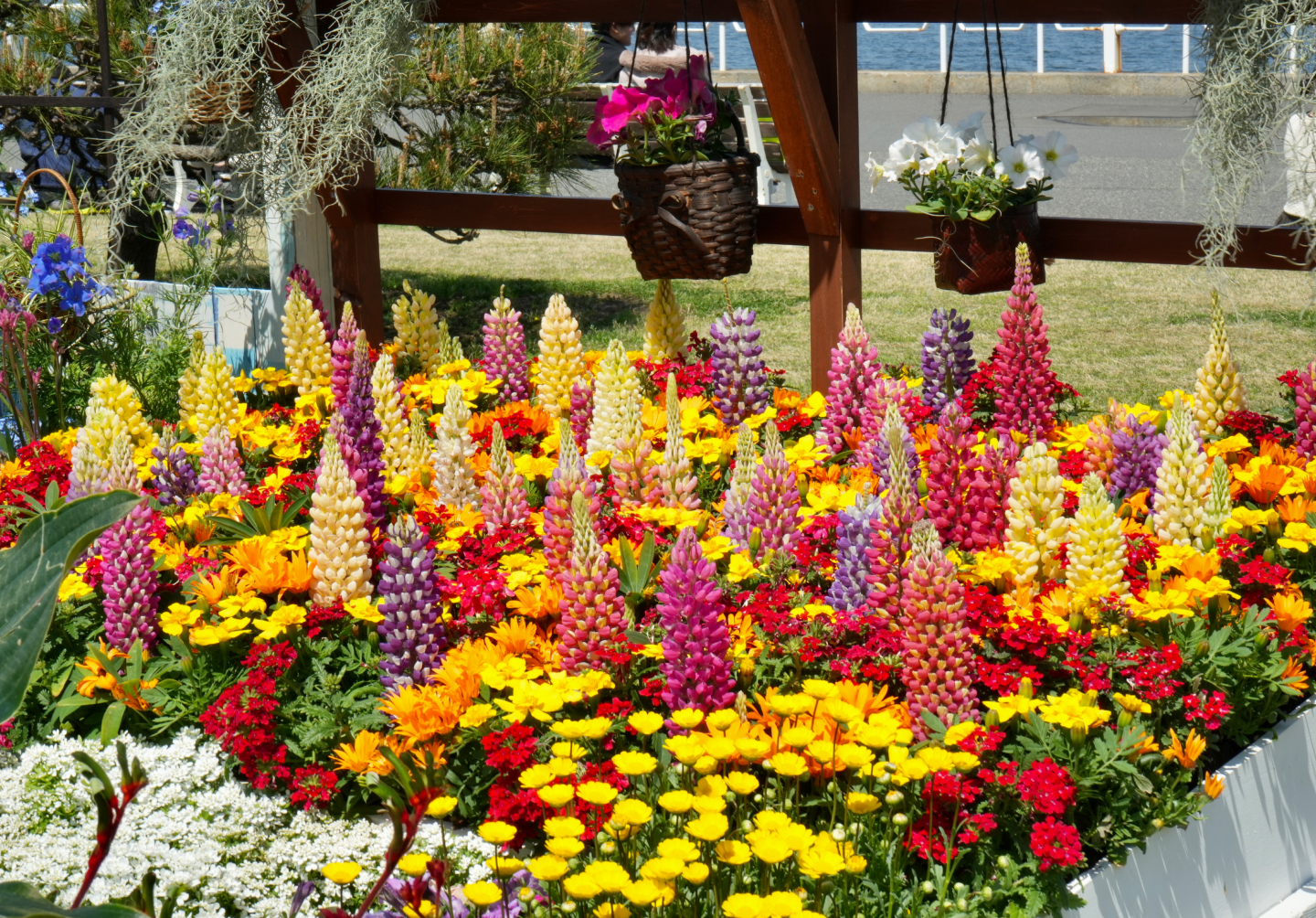
How to Combine Colours for a Perfect Flower Gift
It is important to consider how colours interact with each other when arranging a bouquet. Complementary colour combinations can improve your arrangement’s aesthetic appeal and emotional resonance. For instance, combining red and white flowers in a romantic bouquet might represent purity and love, giving the gift additional layers of significance. Bright yellows and oranges combine to provide a bouquet that is cheerful and energising, ideal for celebrations.
A monochromatic colour theme, on the other hand, in which each bloom is a different shade of the same colour, might result in a smart and lovely bouquet. For example, a bouquet composed just of different colours of pink might be elegant and delicate, ideal for baby showers or weddings.
Consider the Personality of the Recipient
Considering the recipient’s particular tastes might add even more significance to your flower selection. It’s considerate to include their favourite flower or colour in the arrangement if that is their favourite. Choosing wildflowers or certain flowers that match their personality can give a personal touch and demonstrate your consideration of their ideals and preference.
Tips for Choosing the Right Flower for Every Occasion
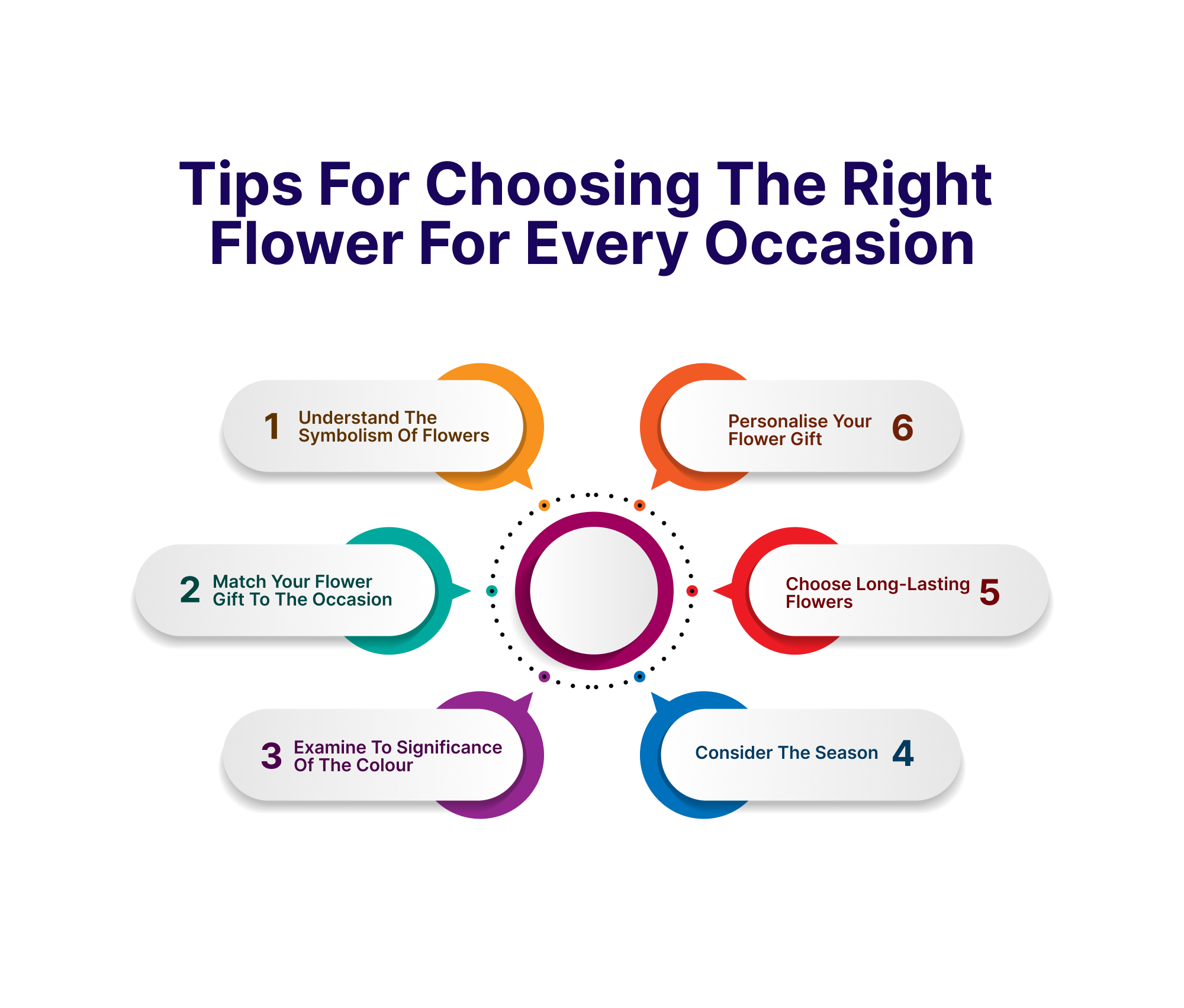
- Understand the symbolism of flowers
Different meanings are associated with flowers. Sunflowers express happiness, lilies symbolise purity, and roses stand for love. Selecting the ideal flower for an occasion can be made easier by being aware of the symbolic significance of each bloom. presenting a white lily at a funeral, for instance, represents respect and recollection, yet presenting a red rose on Valentine’s Day signifies intense love
- Match your flower gift to the occasion
Different kinds of flowers are appropriate for different occasions. Elegant orchids may be the perfect addition to a formal gathering, while red roses or peonies would be appropriate for a romantic occasion like an anniversary. Choose white carnations or lilies for sympathy or memorial services. When choosing your flowers, take the occasion into account.
- Examine to significance of the colour
Emotions are evoked by colours. While white denotes tranquilly, pink expresses admiration, yellow represents friendship, and red represents passion. Select a colour that most accurately captures the essence of the event. Bright yellow and orange flowers liven up a birthday party, while an arrangement of pastel pink and white flowers might be ideal for a baby shower.
- Consider the season
Choose in-season flowers whenever possible, as they will be more vibrant, fresher, and less expensive. Autumn provides dahlias and chrysanthemums, and spring brings tulips and daffodils. Using seasonal flowers also adds a sense of timing and occasion relevance to your arrangement
- Choose long-lasting flowers
Choose long-lasting flowers like carnations, chrysanthemums, or orchids for ceremonies like weddings when the flowers are expected to last for several days. These flowers remain fresh for several days, so your arrangement will continue to look lovely even after the occasion.
- Personalise your flower gift
Take into account the recipient’s preferences when sending flowers. Including their favourite flower in the bouquet gives it a unique touch, if they have one. Whether they are more into eco-friendly or wildflowers, choosing a sustainable option can add even more thought to your present.
7. Keep in mind size and Arrangement
The message that the flowers convey can be influenced by their size and placement. A huge, ornate arrangement is appropriate for formal events, while a small, delicate bouquet is great for an intimate setting. Consider the venue and scale of the occasion when selecting the bouquet.
Why you Should Choose Flowers for Every Occasion

Flowers have a unique language that touches the deepest emotions of an individual. Flowers are still the most popular gift for a number of reasons. When words are inadequate, their beauty, scent, and meaning make them the ideal means of communicating emotions. Flowers express care and thoughtfulness, brighten environments, and create enduring memories. The appropriate bouquet may make a lasting impact on the recipient, regardless of the occasion.
You can make sure you’re expressing the appropriate message for every occasion by incorporating the above seven tips into your floral arrangements. Flowers have a universal language that may be used to convey gratitude, love, or even just to commemorate a special occasion.